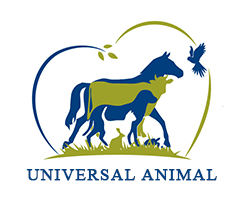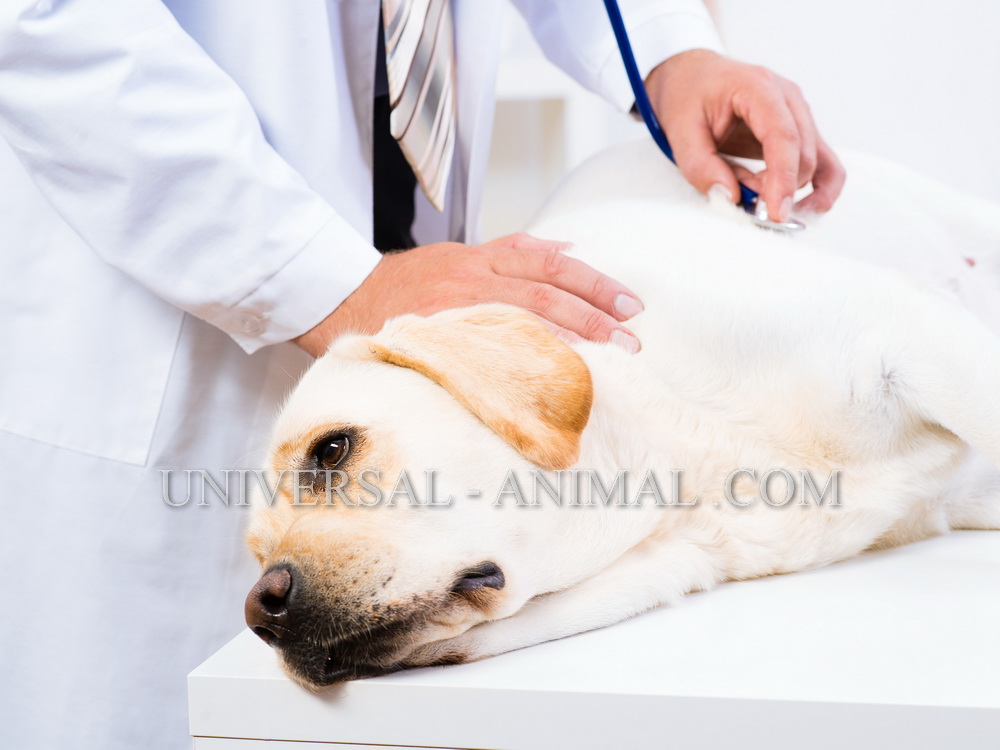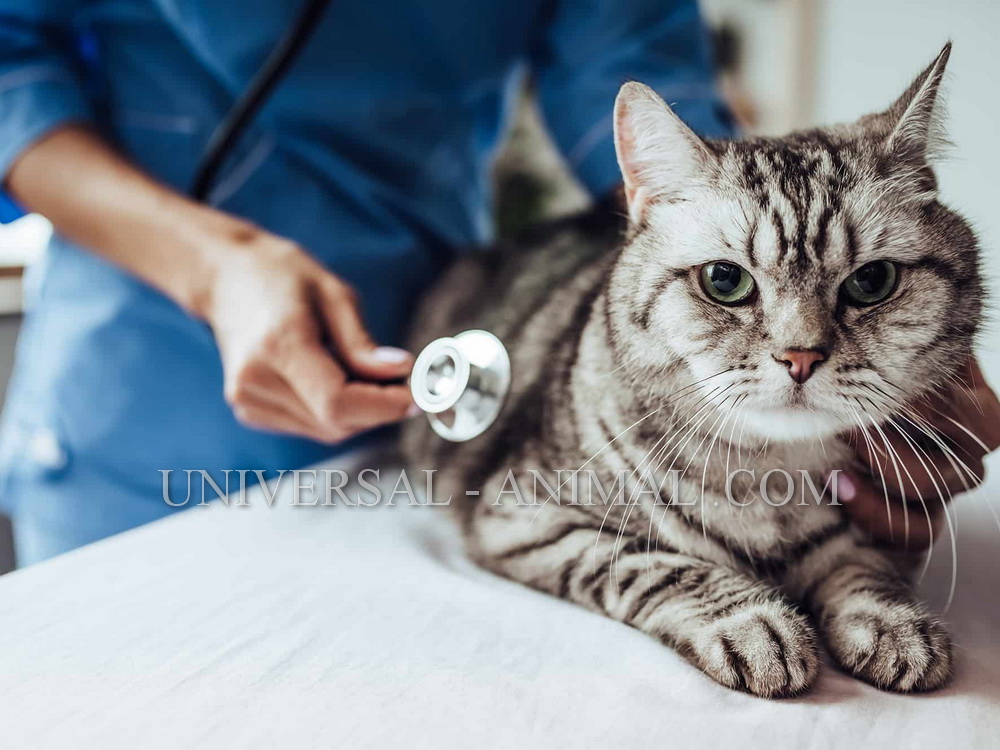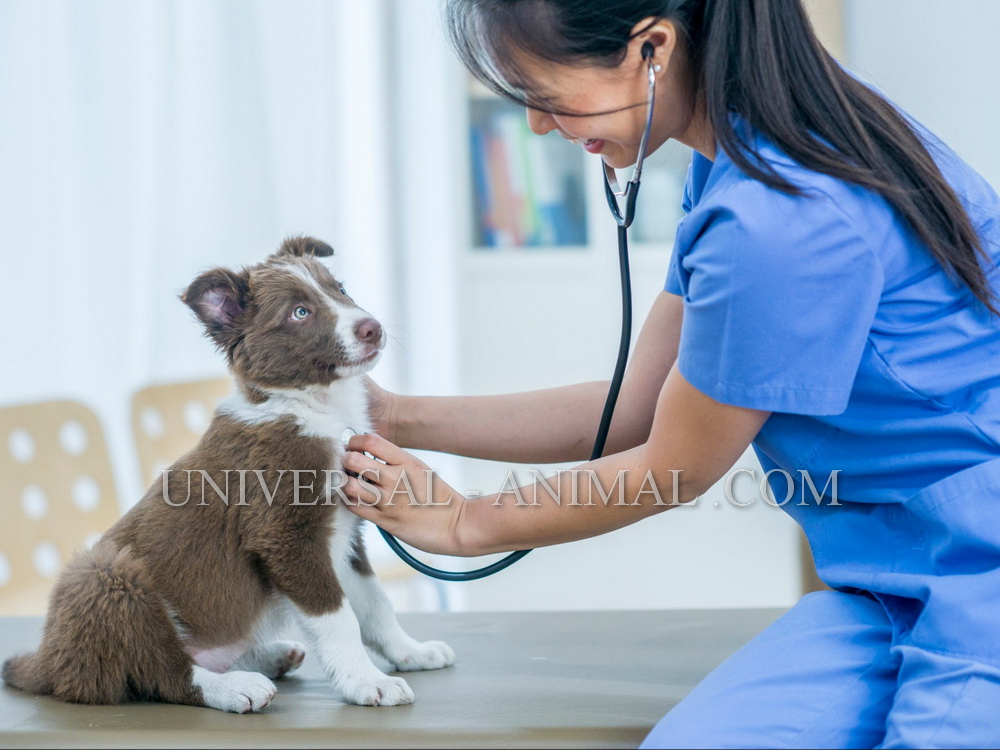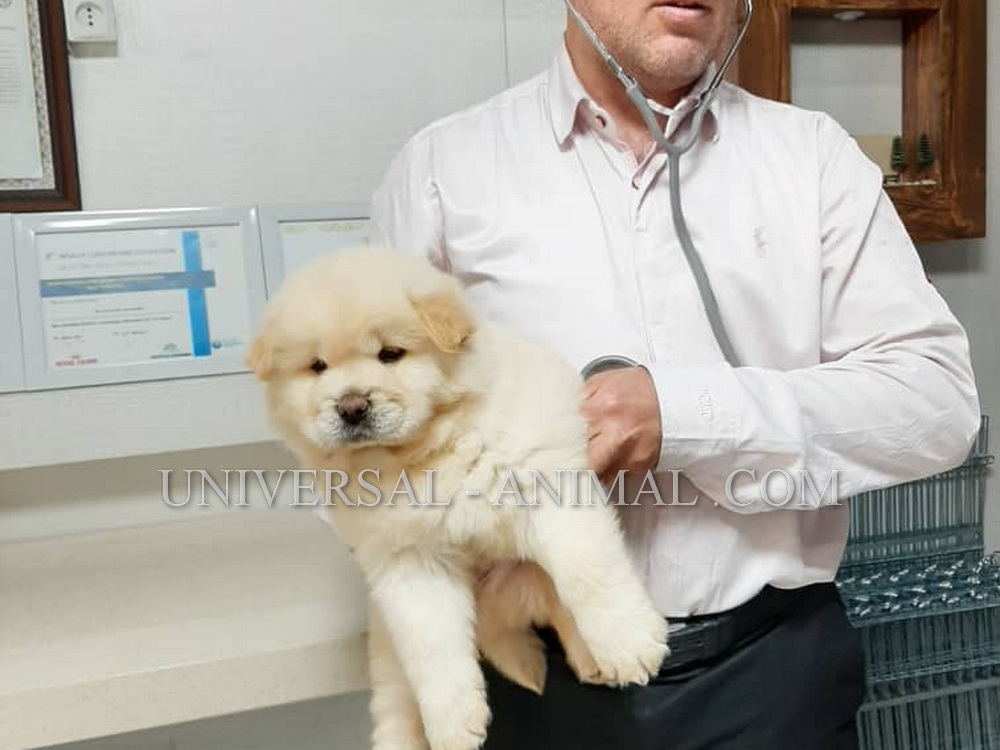Veterinary Medicine

Animal Supply Bahrain
July 8, 2022
Veterinary Medicine IRAN
July 8, 2022- Veterinary Medicine
- Veterinary Medicine Arab Countries
- Veterinary Medicine Bahrain
- Veterinary Medicine IRAN
- Veterinary Medicine Iraq
- Veterinary Medicine Oman
- Veterinary Medicine Qatar
- Veterinary Medicine Saudi Arabia
- Veterinary Medicine TEHRAN
- Veterinary Medicine UAE
- Veterinary Medicine United Arab Emirates
- Veterinary Medicine Veterinary Medicine Dubai
Veterinary Medicine
A veterinarian is similar to a pediatrician in many ways, and animals cannot tell what is wrong with them, just like infants and small children, and therefore, as a pediatrician receives from the child’s parents, most of their clinical history is from the owner. It is assumed that excellent veterinary medicine skills and communication skills are required. In a veterinary medicine , a veterinarian’s duties can include diagnosing animal health problems, vaccinating against diseases such as distemper and rabies, administering medication to animals suffering from infection or disease, treating and dressing wounds, adjusting fractures, performing Minor to complex surgery, depending on training, advising owners on animal nutrition, behavior and husbandry, killing animals when necessary, providing preventive care to maintain animal health and performing diagnostic tests such as X-rays, EKGs, ultrasounds, blood , urine and feces.
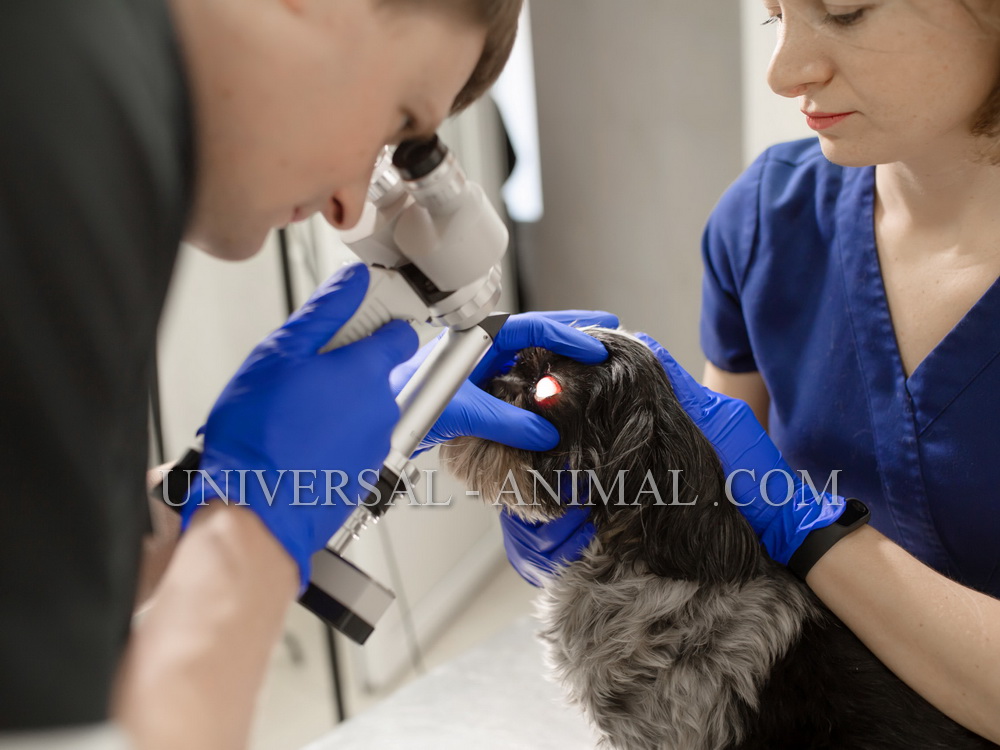
A veterinary ophthalmologist makes a medical procedure, examines the eyes of a dog with an injured eye and an assisent helps her to hold her head.
Of course, veterinary medicine information that cannot be retrieved from clinical history is obtained by fingers, eyes, and smell. The ability to listen with a stethoscope and touch with fingers and hands reveals many physical findings. The sense of smell is also important in detecting the fruity smell of cow’s breath or urea in cat’s breath in renal failure. In the veterinary medicine , what cannot be revealed by history and examination is supported by diagnostic tests such as blood tests, urine and stool tests. Veterinarians in the veterinary and laboratory and parasitology clinics are well trained that even the general veterinarian of the veterinary clinic spends one-third to one-half of his time on surgery, and sterilization of animals is performed in most veterinary offices.
Many veterinary medicine veterinarians also perform orthopedic, orthopedic, dental, and trauma surgery procedures, and surgery requires good hand-eye coordination and fine motor skills. A veterinarian’s job is similar to that of a human doctor because when health problems arise, veterinarians diagnose the problem and treat the animal, and an accurate diagnosis is often possible with laboratory tests, x-rays, specialized equipment, and veterinary medicine treatments. Include a number of different procedures, including emergency life-saving techniques, administering medication, creating a fracture, giving birth, performing surgery, or advising the owner on feeding and caring for the animal. To prevent the introduction of foreign diseases, veterinarians employed by the veterinary medicine quarantine and inspect animals brought into the country from other countries, and they monitor animal shipments, test for diseases, and They manage campaigns to prevent and eradicate many diseases such as tuberculosis, brucellosis and rabies that threaten animal and human health.
In addition to teaching, Faculty of Veterinary Medicine faculty members conduct basic and clinical research in the veterinary medicine , contribute to scientific publications, and develop continuing education programs to help graduate veterinarians acquire new knowledge and skills. They even work in the veterinary medicine in the field of public health and help prevent and control animal and human diseases and promote health. A veterinary medicine veterinarian is involved in research to find better ways to prevent and solve health problems in animals and humans, and many problems such as cancer and heart disease are studied using laboratory animals that are carefully bred under the supervision of veterinarians. are kept and maintained that in our veterinary clinic there are many veterinarians who are professors and teach in veterinary schools and universities.
Veterinarians of the veterinary medicine , as experts, investigate the outbreak of animal and human diseases such as food-borne diseases, influenza, plague, rabies, AIDS, and encephalitis, and the veterinarians of the veterinary medicine study and evaluate animals in environmental health programs. However, unlike human medicine, general veterinarians outnumber veterinary clinic specialists, and most veterinary specialists work at a veterinary school or in a referral center in a large city, unlike human medicine, where each organ system has medical and surgical specialties. Uniquely, veterinarians often combine the surgical and medical aspects of an organ system in one field. Veterinary medicine specialties often include several medical and surgical specialties found in human medicine. In any veterinary specialty, a separation of large animal medicine from small animal medicine can often be found, and some of our veterinary clinic specialties are evolving, some are confined to teaching universities, and some are only practiced in the field.
Veterinary Medicine Dubai,
Veterinary Medicine Bahrain,
Veterinary Medicine Saudi Arabia,
Veterinary Medicine Oman,
Veterinary Medicine United Arab Emirates,
Veterinary Medicine Qatar,
Veterinary Medicine Arab Countries,
Veterinary Medicine Iraq,
Veterinary Medicine UAE,
Veterinary Medicine IRAN,
Veterinary Medicine TEHRAN,
